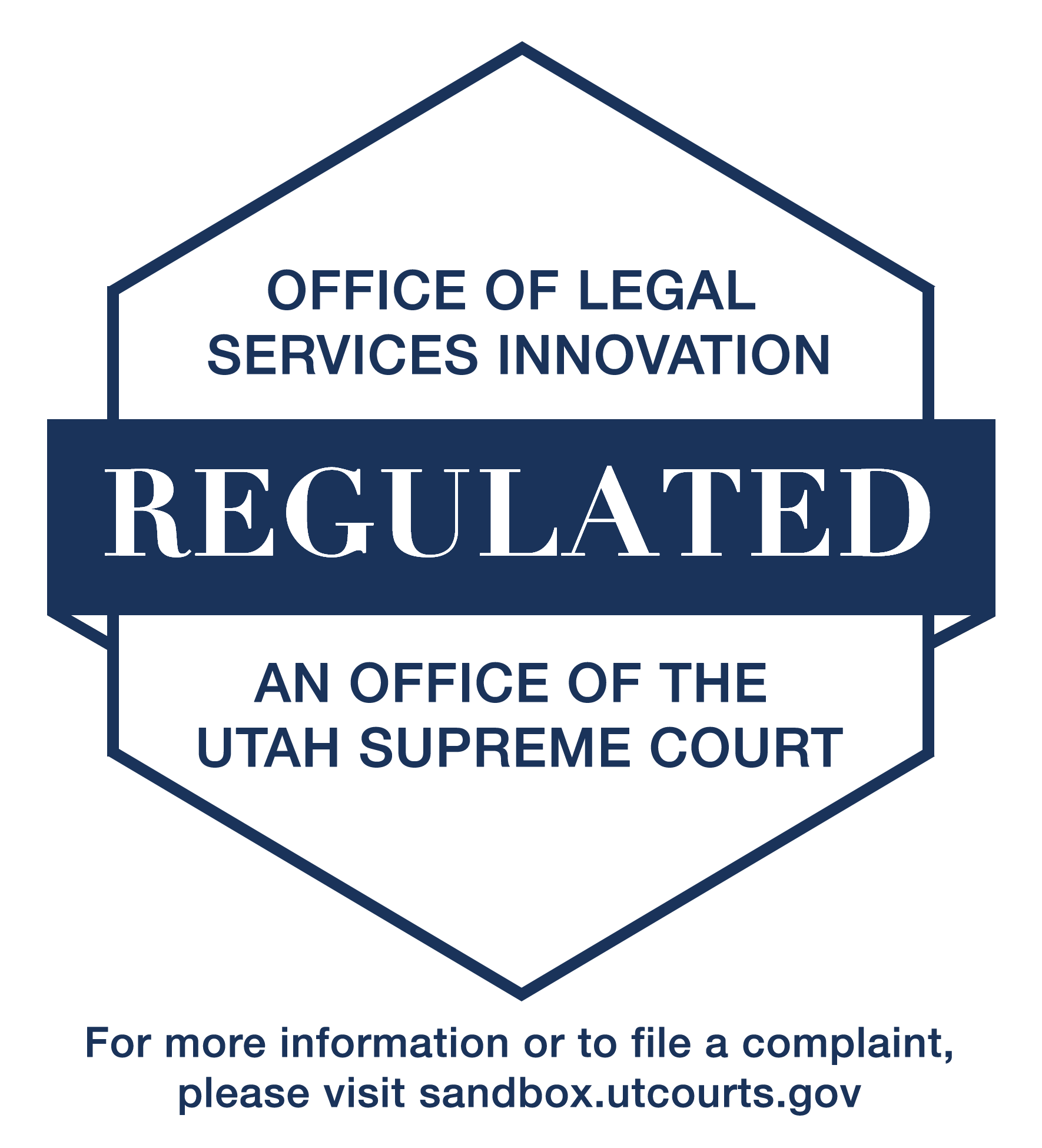Get legal assistance online. Chat with a lawyer for free!
Chat NowWhat Qualifies as a Personal Injury?
- When Should You Get a Lawyer for a Truck Accident?
- What Is the Average Personal Injury Lawsuit Timeline?
- What Is the Average Settlement for a Personal Injury?
- Do I Have to Go to Court for a Car Accident in Utah?
- What to Do After a Car Accident That Is Not Your Fault
- What Qualifies as a Personal Injury?

A personal injury can happen to anyone. And unfortunately, they come with all sorts of expenses, such as medical bills, rehabilitation, mental health treatments, and many more. If you have been a victim of someone else’s negligence, you may ask: can I file a personal injury lawsuit?
There are many things to do to prove the liability behind a personal injury. Also, you may have different statutes of limitations depending on who is responsible. Talking to a personal injury attorney should be your first step into the legal process after a personal injury.
What Is the Definition of Personal Injury?
A personal injury is physical harm inflicted to a person’s body, as opposed to damage done to someone’s reputation or property, for example. If another person is responsible for the accident that caused the injury and resulting losses, they can be held financially liable for the expenses.
Victims who present physical injuries are entitled to file a compensation claim. Often, mental and emotional injuries qualify as well. For example, someone can walk out of an accident with bruises but develop post-traumatic stress disorder (PTSD) over time.
Every claim is different. But one fundamental rule must apply in all personal injury cases: proving the fault and negligence of the person or entity that caused the injuries. An experienced personal injury attorney can guide you to get the compensation your health deserves.
What Are the Most Common Causes of Personal Injuries?
Throughout our Legal on Demand platform, our injury attorneys have helped clients with all sorts of accidents. In most of them, someone else’s negligence was the cause. Here is a list of the most common causes we have found behind personal injury claims:
- Car accidents
- Pedestrian and bicycle accidents
- Truck accidents
- Transport accidents (bus, taxi, rideshare, etc.)
- Motorcycle accidents
- Medical malpractice
- Premises liability
- Slip and fall accidents
- Nursing home abuse
- Dog bites
- Workplace injuries
- Product liability
- Wrongful death
Filing a personal injury claim is very different from filing a criminal lawsuit. Criminal charges are designed to punish people who commit a crime, while claims for personal damages are civil claims meant to get financial compensation for the victims. Contact your personal injury lawyer if unsure about the best legal course for your particular case.
Who Pays for My Damages After a Personal Injury?
Motorists, pedestrians, employers, business managers, property owners, medical professionals, caretakers, manufacturers, and many others owe a duty of care towards others. When that duty of care is breached, and someone gets hurt, the party at fault should be responsible for the damages.
For instance, when a person drives recklessly, they neglect their duty of care towards pedestrians and other drivers, putting them at risk. That also happens when a business owner fails to warn visitors about possible hazards on their property and when an unleashed or unsupervised dog bites someone.
In all those cases, the responsible parties can be liable for damages. However, you need to prove their responsibility to recover compensation. To do that, your attorney can help you collect evidence and obtain statements from witnesses.
How Do You Prove Liability in a Personal Injury Case?
There are four main elements to prove while litigating a personal injury case. Getting a lawyer is the best way to keep up with every detail the law requires. Your attorney will help you determine responsibility and prove these elements:
- Duty of care: The other party owed you a duty of care.
- Breach of duty: They breached that duty with their negligence or inaction.
- Causation: Their negligence was the cause of your injuries.
- Damages: Your injuries resulted in monetary damages.
A settlement can solve most personal injury cases. But your attorney should be ready to litigate in court and prove your case before a judge if the negotiations fail.
What Are the Statutes of Limitations for a Personal Injury Claim?
The statutes of limitations establish how much time you have to present a personal injury claim. Each state has its own time limit for allowing victims to file claims or lawsuits. For example, here are the statutes of limitations in our three practice areas:
- Utah: Utah Code § 78B-2-307 establishes that victims have four years to take legal action.
- California: CCP § 335.1 gives victims two years to file a claim.
- Nevada: NRS § 11.190 gives claimants two years to pursue a claim.
Please note that these statutes of limitations are not set in stone, and not all personal injury cases have the same time frame. For example, most states provide different deadlines for medical malpractice and product liability claims.
Deadlines can also be shortened when pursuing a claim against a government entity or employee, and they can also be extended when the victim is a minor. The only way to know how much time your case has is to speak with a personal injury lawyer. Your attorney can help you comply with any timetable requirements and get the compensation you deserve.
Should I Talk to a Personal Injury Attorney?
The litigation process tends to be complex if you are unfamiliar with it. Also, there are a lot of requirements and appointments you will need to comply with. And if your claim is for medical malpractice, you should pay particular attention to the statute of limitations.
For all those reasons, the best way to navigate the legal system is with the help of your lawyer. Contact us at 1LAW and get free legal advice from one of our personal injury attorneys. They can help you deal with the legal battle while you recover from your injuries.

